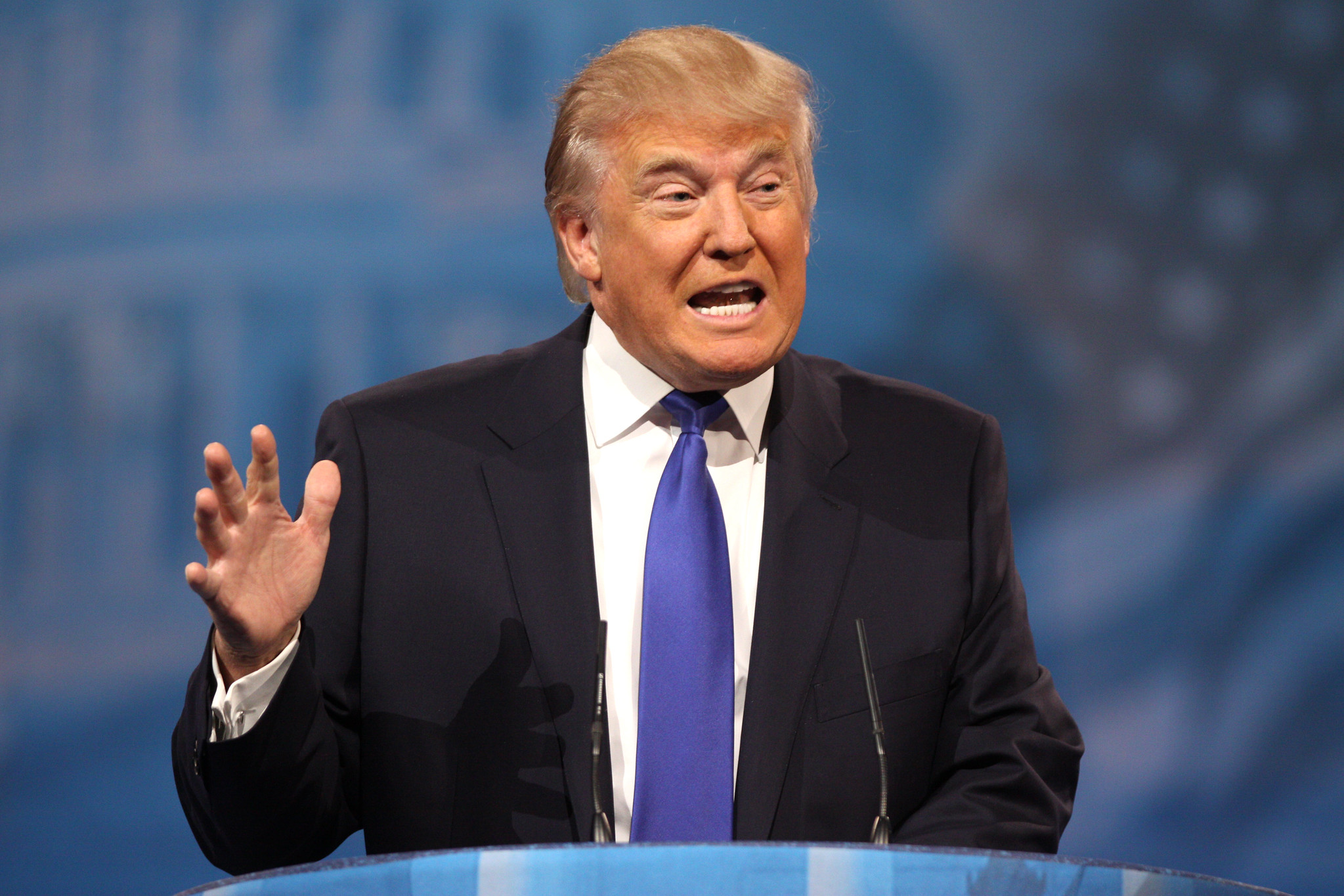The prevailing conventional wisdom among Republicans and many Democrats is that Trump semi-successfully redirected attention from negative stories about himself, from the swirling Epstein controversy to the horrific conditions of children in cages at the border brought on by Trump’s cruel immigration policies, to Democrats. That “wisdom” is anything but.
While it’s true that Trump made himself and The Squad of progressive freshmen Democrats the center of attention, none of it was good for the president.
First, it’s increasingly clear that there wasn’t much of an active strategy to it. Instead, Trump simply tweeted in anger in response to a Fox and Friends segment, and his people have been running damage control ever since.
Second, insofar as there was a strategy in mind, it was to force the caucus to align itself more closely with the Squad, under the theory that the Squad would hurt Democrats in target districts. But there is actually very little to indicate that Squad’s policies, from Medicare for All to the Green New Deal, are unpopular in key states and districts. Instead, it has far more to do with the fact that they are smart, energetic young women of color in Congress who tend to terrify the mostly older white conservatives who make up Trump’s base. Trump is playing identity politics with his shrinking whitewashed base–something he was already going to do in the run-up to the election.
Third, it was an incredibly unpopular rant that will have lost him more voters than he gained. A new CBS poll shows that 60% of Americans disagree with his comments. Trump’s base does have the political affirmative action of the electoral college, but not even the electoral college can save you if 60% of the country opposes you. He may have managed to further polarize the electorate and solidify Republicans, but at the expense of driving away even more independents and Democrats: in a Reuters/Ipsos poll shortly after the “send her back” tweets, Trump had indeed picked up 5 points among Republicans (which says much about the Republican base), but lost a whopping 10 points among independents, and 2 points among Democrats. Picking up 5 while losing 12 is not a good trade.
Fourth, not only was it a failed tactic it’s not clear that even the overarching strategy was smart or useful. Prior to Trump’s racist tweets, Democrats had been embroiled in one of their biggest internal spats in the past year. The Trump/GOP theory of the case would be that this was a good thing for Democrats, allowing leadership to separate itself from the Squad, and that uniting Democrats would serve Republican interests. That’s a really strange theory. Division of the Democratic Party and the demoralizing of the progressive base under attacks from leadership–or, depending on your perspective, disheartening and scaring suburban moderates with the critiques of young progressive legislators–is good for Republicans. Uniting Democrats in anger against GOP bigotry is in no way good for them. Forcing even the most centrist Democrat to stand against racist attacks on Ilhan Omar and Ayanna Pressley doesn’t hurt those moderate Democrats: they can easily defend the basic principle of American pluralism and decency without agreeing with them on every statement or policy angle as needed. Nor will voters scared off by the sight of Ocasio-Cortez or Rashida Tlaib be likely to vote for even the most moderate Democrat, anyway. The margins for the hypothetical Trump strategy just aren’t there.
Finally, it’s not as if the distraction–if we can even call it that–will have bought the Republicans anything useful. This is a 3-day news cycle in July of 2019. There’s no election right around the corner. The Epstein scandal is still ongoing, with much more damaging information promising to come out. The immigration crisis continues unabated. Robert Mueller is still testifying next week. Trump only did himself long-term damage in the hopes of affecting a media narrative that still promises to be incredibly damaging. And, while Trump likely doesn’t care about any consequence that outlasts him, it also does continuing harm to the Republican Party’s ability to function as a viable national political entity as Millennials as non-whites become increasingly dominant in the electorate.
In short, none of this was good for Trump or the GOP. Democrats are in better shape than they were at the beginning of the week, and the next week promises to be even more disastrous from the GOP in large part because of the president’s tweets, not in spite of them.



